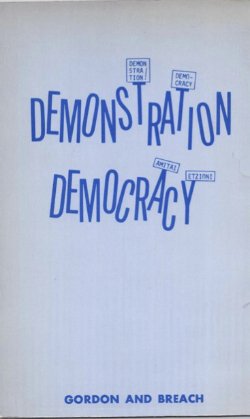United States. White House Office
From the Executive Summary: "The 2021 Presidential Memorandum on Restoring Trust in Government Through Scientific Integrity and Evidence-Based Policymaking charges OSTP to (1) review agency scientific integrity policy effectiveness and (2) to develop a framework for regular assessment and iterative improvement of agency scientific integrity policies and practices (Framework). This document builds on the review published in January 2022 by the National Science and Technology Council (NSTC) entitled 'Protecting the Integrity of Government Science', which identified good agency practices on scientific integrity and areas in need of consistency across agencies. This Framework includes key resources for agencies as they work to develop and improve scientific integrity policies, practices, and culture. The Framework reflects input from the interagency Scientific Integrity Task Force and other key Federal officials, and includes considerations from public input. [...] The goal of this Framework is to assist agencies across the Federal Government as they take next steps together to strengthen, implement, and institutionalize scientific integrity policy, practice, and culture. Figure 1 illustrates the process by which agencies can take to use the components of this Framework with the goal of making iterative improvements over time."
White House: www.whitehouse.gov/. 2023. 68p.





















